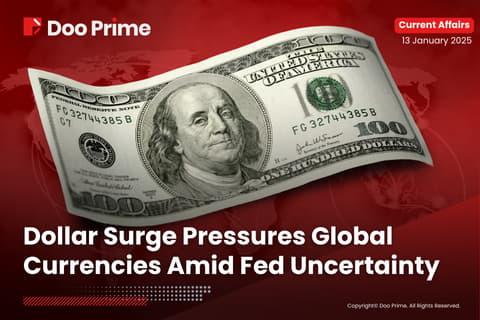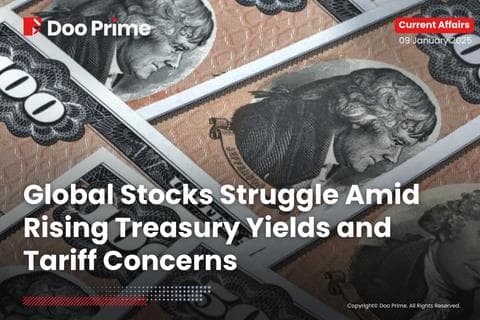WORLDWIDE: HEADLINES
Global Economy: Asia’s Factory Activity Grows But Ukraine Crisis Clouds Outlook

Asia’s factories sustained a brisk recovery in February amid signs the coronavirus was having less of an impact of business, but the Ukraine crisis has rapidly emerged as a fresh risk that could disrupt supply chains and worsen cost pressures.
Strong international sanctions against Russia in response to its invasion of Ukraine have jolted markets and boosted oil prices, adding to headaches for Asian economies and businesses already reeling from rising input costs.
Chinese factory indicators, both official and private sector, showed activity remaining in expansionary territory, pointing to resilience in the world’s second-largest economy despite cost pressures.
Manufacturing activity also expanded in Malaysia, Vietnam and the Philippines as they gradually re-opened their economies even as Omicron infections continued their spread, surveys showed.
But Japan’s factory activity growth slowed to a five-month low in February on continued COVID-19 curbs and rising input costs.
The expansion in activity also slowed in Taiwan and Indonesia in a sign of the lingering impact of supply chain disruptions caused by the pandemic.
The surveys indicate the fragile state of Asia’s recovery even before the Ukraine crisis.
“The most immediate hit from the crisis will come from rising oil prices, which will deal a severe blow to many Asian economies,” said Toru Nishihama, chief economist at Dai-ichi Life Research Institute in Tokyo.
“Russia is a big exporter of gas, rare metals and other goods critical for chip production. That means the crisis could aggravate supply chain disruptions, which would be bad news for countries like Japan, South Korea and Taiwan.”
Full coverage: REUTERS
Western Companies’ Pullout From Russia Expected To Accelerate
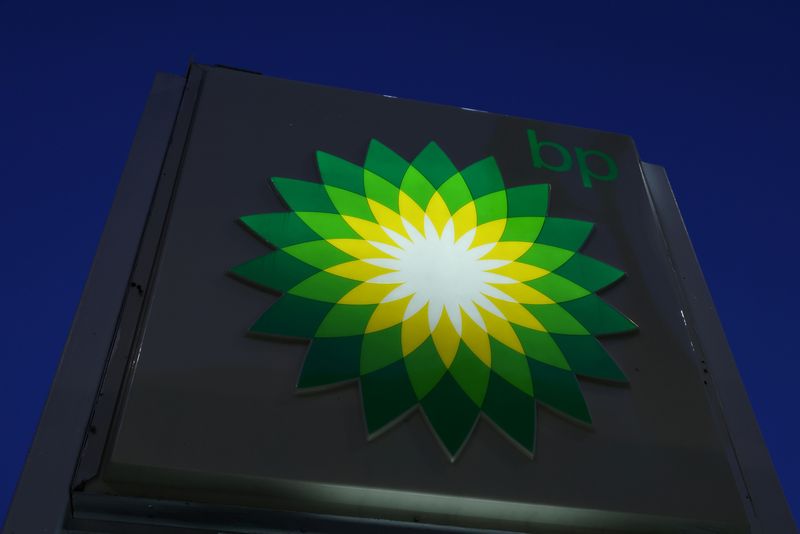
More Western companies are expected to pull out of Russia on Tuesday, as corporations and investors across industries follow the lead of energy firms BP and Shell that abandoned multi-billion-dollar positions after the invasion of Ukraine.
Leading banks, airlines, auto makers and more have cut shipments, ended partnerships and called Russia’s actions unacceptable. Many more said they were considering action.
Late on Monday, Warner Bros. said it pulled this week’s release of ‘The Batman’ from Russian screens, following an announcement from Walt Disney Co (DIS.N) saying it would pause the release of theatrical films in Russia.
Meanwhile Mastercard said it had blocked multiple financial institutions from its payment network as a result of sanctions on Russia.
The West has moved to punish Russia with a raft of measures, including closing airspace to Russian aircraft, shutting out some Russian banks from the SWIFT global financial network, and restricting Moscow’s ability to use its $630 billion in foreign reserves.
“I would expect to see a slew of similar announcements over the next few days,” Sonia Kowal, president of Zevin Asset Management in Boston, said on Monday, adding that divestment by Norway’s big sovereign wealth fund would support the move.
Some U.S. state-linked investors have been vocal in setting expectations for corporations.
“We need to send a very clear and unequivocal response that California will not stand for Russia’s aggression,” California Treasurer Fiona Ma said on Monday in statement declaring support for divesting Russian assets from the state’s pension funds, some of the largest in the United States.
Shell (SHEL.L), BP and Norway’s Equinor (EQNR.OL) all said they would exit positions in energy-rich Russia, putting pressure on other Western companies with stakes in Russian oil and gas projects, such as ExxonMobil (XOM.N) and TotalEnergies (TTEF.PA).
Full coverage: REUTERS
WORLDWIDE: FINANCE/BUSINESS
Asian Shares Steady, Investors Draw Breath As Ukraine Resists Russian Invaders
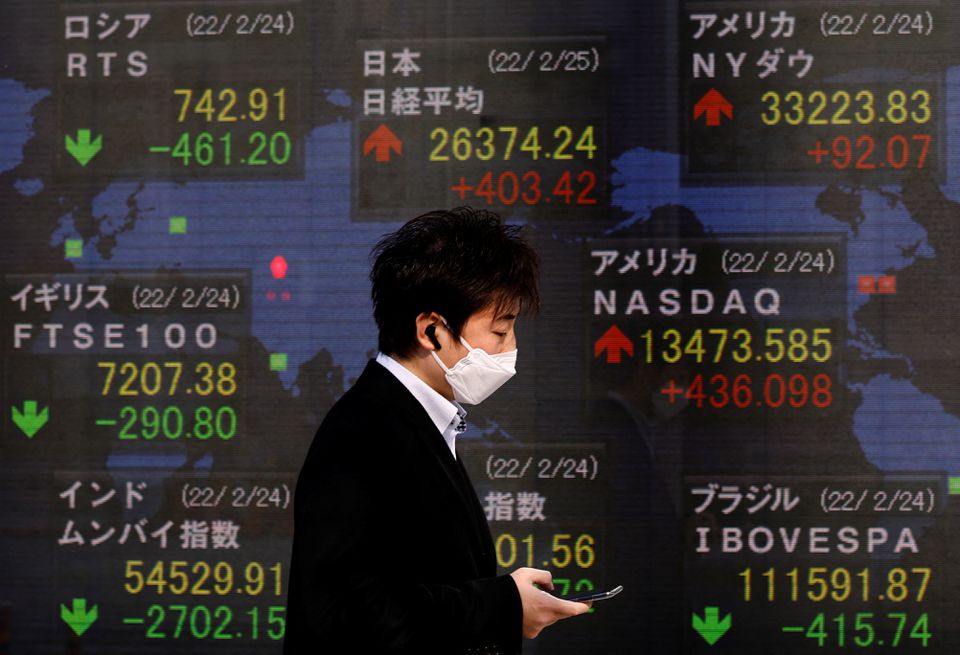
Markets paused for breath on Tuesday, after days of volatility with Asian shares edging up and gold slipping slightly as investors watched the conflict in Ukraine unfold, and weighed its economic implications, notably regarding energy prices.
Global share markets have tumbled in recent days following Russia’s invasion of Ukraine and western allies’ ramping up of sanctions including cutting off some of Russia’s banks from the SWIFT financial network and limiting Moscow’s ability to deploy its $630 billion foreign reserves.
High-level talks between Kyiv and Moscow last night ended with no agreement except to keep talking, but Asian markets stablised on signs of no immediate escalation of sanctions.
MSCI’s broadest index of Asia-Pacific shares outside Japan (.MIAPJ0000PUS) gained 0.5%, while Japan’s Nikkei (.N225) jumped 1.5% in early trading.
Australia’s S&P/ASX 200 index (.AXJO) rose 1.38%, boosted by financial and tech stocks ahead of a central bank policy meeting, and Chinese blue chips (.CSI300) rose 0.5%.
“A lot of what’s been happening in markets is obviously overshadowed by the news around Ukraine and Russia in terms of negotiations, but the significant drivers are going to be the response from governments and central banks in terms of the policy settings,” said Kerry Craig, Sydney-based global market strategist at J.P.Morgan Asset Management.
“The markets are going to focus on the broader implications of what’s going to happen around energy prices, what that means for inflation across parts of the world,” he said.
Full coverage: REUTERS
Rouble Licks Wounds, Yen And Franc Hold Firm With Focus Squarely On Ukraine
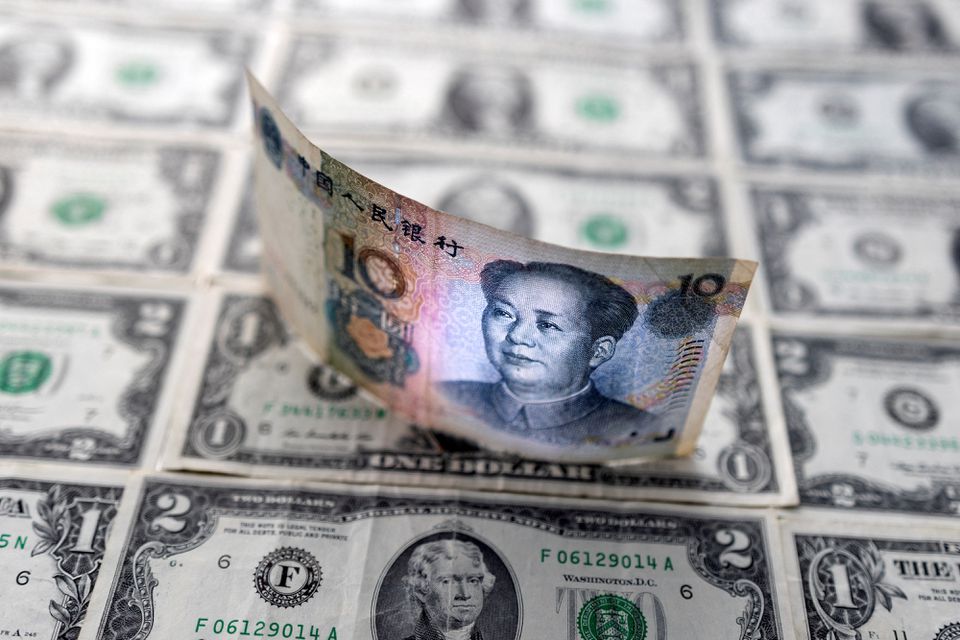
The rouble stabilised somewhat on Tuesday after its crash to an all-time low, while the safe-haven yen and Swiss franc were steady after their biggest rallies in almost seven weeks with traders focused squarely on the developing crisis in Ukraine.
A modicum of calm returned to currency markets after officials from Russia and Ukraine held an initial round of ceasefire talks, four days after Russia invaded its neighbour, with the euro back at around $1.12 after tumbling as low as $1.11210 at one point on Monday.
The risk-sensitive Australian dollar traded at a nearly one-week high, rebounding from losses as steep as 1.2% in the previous session. The Reserve Bank of Australia sets monetary policy later on Tuesday, and is widely expected to hold the key rate at a record low.
Leading cryptocurrency bitcoin held close to a nearly two-week high above $44,000 reached late overnight.
The rouble started the week in dramatic circumstance, plunging as much as 30% to a record 120 per dollar after Western countries and their allies slapped Russia with new sanctions including cutting off some banks from the SWIFT financial network. The currency recovered somewhat after an emergency rate hike and other urgent measures adopted by the Russian central bank, and last traded at 102.
The yen eased slightly to 115.07 per dollar after registering a 0.48% gain on Monday. Fellow haven currency the Swiss franc edged lower to 0.91775 per dollar after a 0.95% rally overnight.
Currency volatility was at its highest in 14 months on Monday, as measured by a Deutsche Bank index (.DBCVIX).
“News from Ukraine remain bleak, with Russia-Ukraine talks yielding no resolution,” Rodrigo Catril, senior foreign-exchange strategist at National Australia Bank, wrote in a note.
Oil Prices Climb As Market Weighs Release Of Reserves Vs Russia Disruption
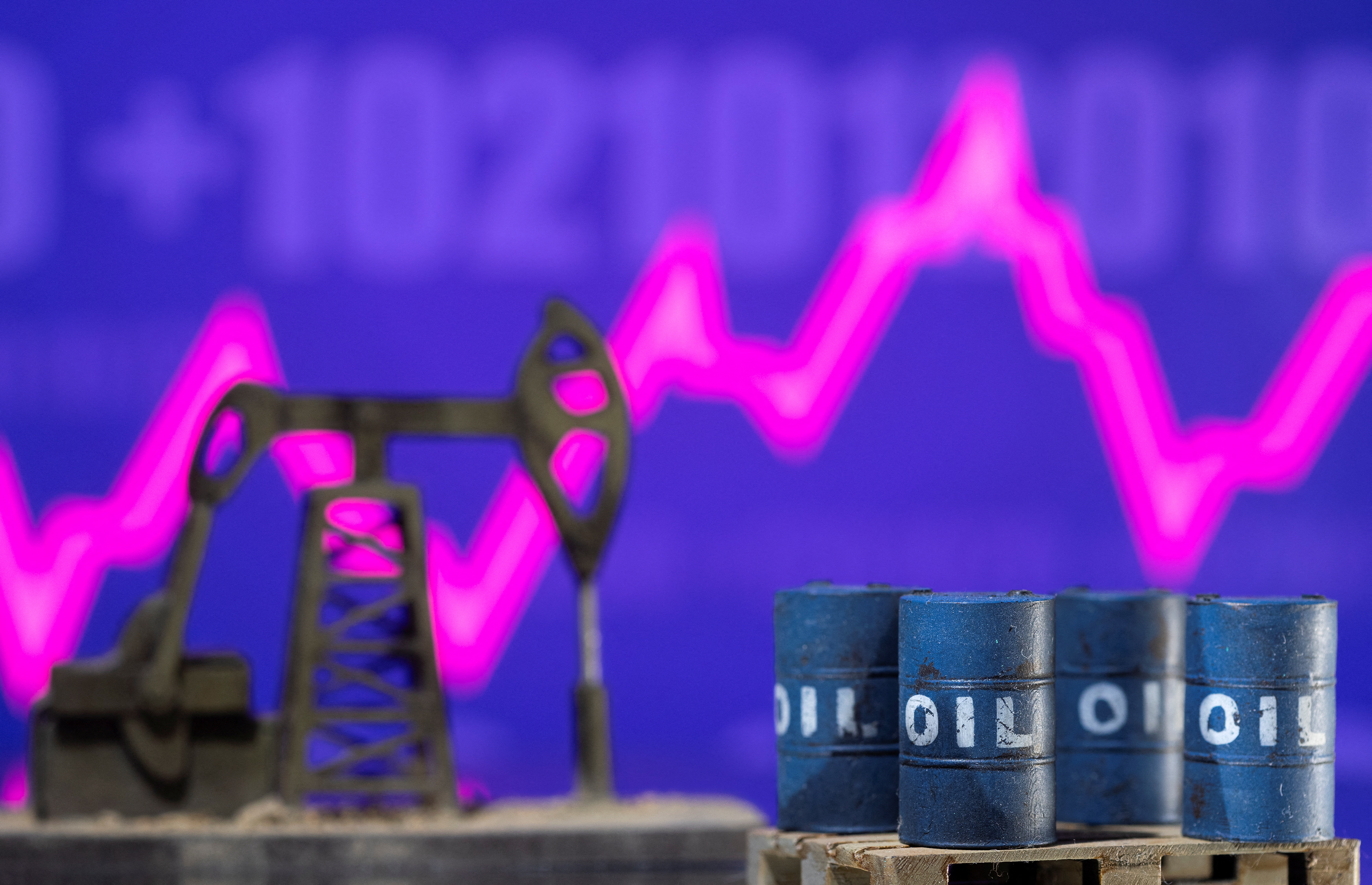
Oil futures rose on Tuesday morning, following a volatile start to the week, as the market weighed a coordinated international release of crude inventories against Russian supply disruptions in the wake of Moscow’s invasion of Ukraine.
May Brent crude futures, which began trading as prompt on Tuesday, gained about 1% at 0141 GMT to $98.90. The benchmark touched a seven-year high of $105.79 after Russia’s invasion of Ukraine began last week.
U.S. West Texas Intermediate (WTI) April crude futures were up about 0.8% at $96.53. That contract touched a high of $99.10 a barrel the previous day, and had settled up more than 4%.
Concerns over tightening supplies come as major oil and gas companies, including BP and Shell , have announced plans to exit Russian operations and joint ventures. Buyers of Russian oil are also facing difficulty over payments and vessel availability as Western sanctions in response to the invasion of Ukraine take hold.
The market calmed as the United States and allies discuss a coordinated release of crude stocks in a bid to mitigate supply disruption. That release could tally up to between 60 and 70 million barrels, media outlets reported.
“That likely release is capping oil price rises for now,” analysts for Commonwealth Bank of Australia wrote in a note.
The International Energy Agency (IEA) is set to hold an extraordinary ministerial meeting on Tuesday to discuss what role its members can play in stabilising oil markets.
Russia, which calls its actions in Ukraine a “special operation”, exports some 4-5 million barrels per day of crude, and 2-3 million barrels per day of refined products.
The Organization of the Petroleum Exporting Countries (OPEC) and other producers – including Russia – will also meet on Wednesday and are anticipated to maintain a gradual increase to supplies.
Full coverage: REUTERS

